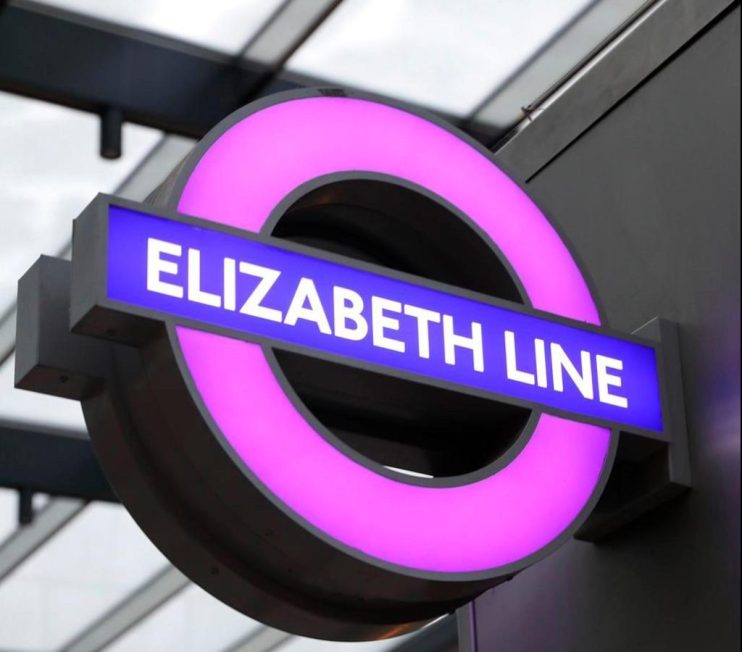Elizabeth line sees hybrid workers flock back to the office

London’s popular Elizabeth Line has prompted a surge in workers heading into the office, new research released on the eve of its one year anniversary shows.
Footfall data from the workspace operator IWG has today revealed a 23 per cent increase in the number of visits, to offices across nine Elizabeth Line stops, since the month before it opened last year.
Inner city locations had particularly strong boosts in workspace attendance, with Paddington and Canary Wharf office spaces seeing respective rises of 50 and 22 per cent. Liverpool Street and Farringdon saw commuters hit the workplace at an increase of 21 and 6 per cent.
The findings come after an immensely successful opening year for the Elizabeth Line , which now accounts for a whopping one in six of all rail journeys made in the UK, according to figures released by the Office for Rail and Road in March.
Mark Dixon, CEO of IWG said “there is now a wealth of evidence to show that long and costly daily commutes will be a thing of the past for a large proportion of white-collar workers, as hybrid working continues to take hold.”
“Where arduous commuting barriers have been reduced, be that through improved transport links such as the Elizabeth Line or the increased availability of local workspaces in the suburbs and former dormitory towns, the demand for offices and hybrid workspace is thriving.”
The data also showed that newly connected suburbs outside London are reaping the benefits of increased connectivity. Reading saw an uptick close to 45 per cent on the previous year, with Slough, and Maidenhead seeing rises of 38 and 19 per cent respectively.
The firm said the figures demonstrate the “integral role that shorter commutes play in bringing workers together to collaborate in person,” as further IWG research showed that 58 per cent would be put off applying for jobs with a long daily commute.
Journeys on the Elizabeth Line have not been without disruption this year, with fresh strikes announced yesterday, as operators from the TSSA union agreed to walk-out in an ongoing dispute over pay. The unions’ workers had previously walked out in January, after its members voted in favour of the strikes in December.